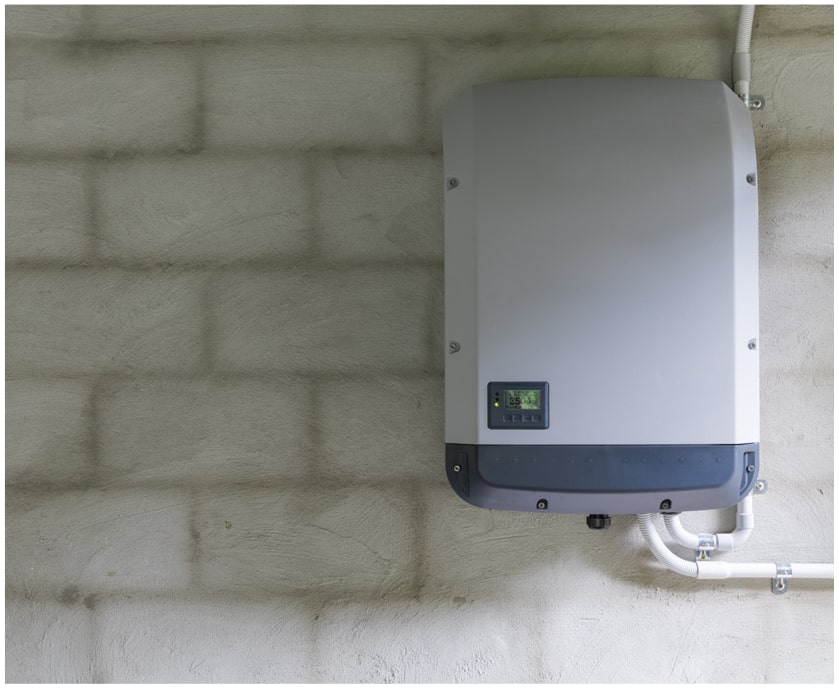By definition, a battery is any container of one or more cells in which chemical energy is converted into electricity and used as a source of power. In short, batteries are power packs that employ chemical processes to create and store energy for prolonged use. The first true battery was invented by Alessandro Volta, an Italian physicist, back in the year 1800. Using discs of copper and zink, separated by salinated water, this battery was a successful source of energy. Since that time, batteries have evolved greatly and are quite different than before— though the concept remains largely the same.
The Basics of Modern Batteries
The conversion of chemical energy to electrical energy requires a flow of electrons from one material (also known as an electrode) to another through an external circuit. This flow of electrons channeled properly creates an electric current that can be used to perform work. At the end of the day, basic batteries are quite simple and can even be made at home with a few common supplies— many of us are aware of the potato battery experiment. A large difference in the efficacy and output of a battery lies in the electrodes and electrolyte solutions with which electrons interact. When it comes to our specialized batteries at Storz Power, the materials used have a significant bearing on battery performance.
The Simple Chemistry
After years of research and refinement, science and mechanics have deemed lithium batteries (meaning batteries containing a lithium anode) as those with perhaps the highest charge density, meaning they can output a lot of power. For that reason, lithium batteries are often found in cars and other vehicles, as well as in homes and generators. There are, however, two different types of lithium batteries, two of which have risen to the forefront. We will discuss both briefly.
Lithium-Ion Batteries
Lithium-ion technology is slightly older than lithium phosphate technology and is not quite as chemically or thermally stable. This makes these batteries far more combustible and susceptible to damage. Lithium-ion batteries have about an 80 percent discharge efficiency (on average) and are a suitable option in most instances.
Lithium Phosphate Batteries
Phosphate chemistry offers a longer lifecycle due to its stability under the conditions of overcharge or short circuits. Again, phosphate chemistry is also newer and some find it to be more reliable overall. Although phosphate batteries have a slightly lower charge density, phosphate batteries are becoming a favorite for home power storage.
Key Takeaways
When pairing power storage technology with your new or existing solar, batteries and inverters will be integral parts of the overall system. These batteries are relatively large— at least when compared to a car battery— and usually stored within the home or garage. Because of this, homeowners will want a stable option that isn’t susceptible to spontaneous combustion under certain conditions. Therefore, lithium phosphate batteries are a sound choice for both stability, performance, and battery life. At Storz Power, we provide safe, powerful, flexible lithium-iron phosphate batteries to homeowners seeking to gain more control over their homes while preparing for the future and helping the environment. For more information on our batteries, don’t hesitate to contact us today.



